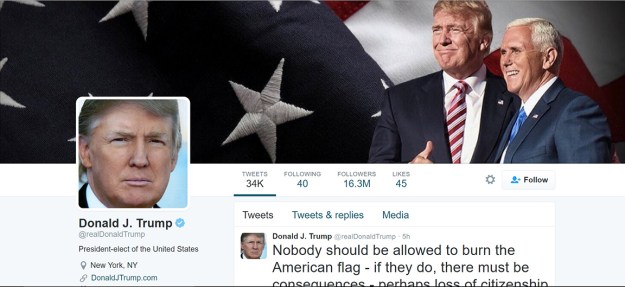Good for these House members:
A plan to raise S.C. gas taxes by roughly $60 a year was approved Tuesday by a panel of S.C. House members.
The bill will be considered by the full S.C. House budget-writing panel on Thursday.
The proposal is an effort to address the the $1 billion a year the Transportation Department has said it needs to repair and maintain the state’s existing road network….
And good for Speaker Jay Lucas and the other leaders who’ve gotten behind a bill to do the obvious: raise the gas tax to improve our roads.
I haven’t written about this courageous and rational move because I hadn’t fully made up my mind what to say about it. It’s basically a laudable, long-overdue proposal that is nevertheless seriously flawed.
The reasons why it’s laudable and long-overdue are obvious to all but those rendered blind by ideology:
- This tax is our state’s mechanism for paying for roads.
- We need road repairs, and don’t have enough money.
- Our gas tax is one of the lowest in the country.
- It hasn’t been raised since 1987.
So, you know, duh — raise it. Especially since we no longer have a governor who absurdly (and we’re talking Alice in Wonderland absurdity) threatened to veto a gas tax increase that wasn’t accompanied by a much larger decrease in other taxes, thereby more than erasing any benefit from raising the gas tax.
But here’s the rub: It’s not paired with reform of the state Department of Transportation. And it needs to be. That agency needs to be more accountable before we give it more money.
Unfortunately, after last year’s non-reform of the agency, the most recent in a long line of non-reforms our General Assembly has handed us, there’s little appetite or energy for trying again this year, knowing the same obstacles exist. As Cindi wrote today, “the reality is that if our best advocate, House Speaker Jay Lucas, isn’t pushing reform, we’re not going to get reform.”
So that’s that. (Oh, and if you decry the power Hugh Leatherman regained upon his re-election as president pro tem of the Senate, this is an issue where you have a point — he’s a big obstacle to reform.)
Bottom line, we need to raise the tax, and we need reform. I haven’t yet fully decided what I would do were I a lawmaker. But I do admire the courage of those who finally broke the ridiculous taboo in that committee vote today — while I hope against hope for some reform to get attached to it later in the process.
But while I’m torn on that, I’m not on this: I’m not in favor of “solving” the problem by asking our new governor’s buddy Donald Trump to just give us $5 billion for infrastructure.
To begin with, it’s not a solution. Since $4 billion of that would go to roads, that kicks the problem down the road four years, no more. Which, conveniently, would be after the date that Henry McMaster hopes to be elected to stay as governor.
Given what we’ve seen from this Legislature over the last two decades and more, it is highly unlikely that it will be in the mood to raise the gas tax or any other tax four years from now. The fact that the House leadership is ready to do so now is something of a miracle — possibly resulting from giddiness over the departure of Nikki Haley — and unlikely to be duplicated.
Then there’s the fact that the federal government exists to fund and address national needs and priorities. There is no proposal currently on the table (that I know of) that would provide this level of funding nationally, so why should South Carolina — a state that with its super-low gas tax has refused even to try to pay for its own roads — be singled out for such largess? And no, “Because the president owes our governor big-time” is not an ethical answer. It probably makes sense in the deal-oriented private world Donald Trump has always inhabited, but to say the very least, it’s not good government.
My position on this is much the same as my reasoning against the state lottery way back when — public education is a basic function of the state, and if we want good schools, we should do what responsible grownups do: dig into our pockets and pay for them, not try to trick someone else into paying for them.
Similarly, if we want safe and reliable roads, we shouldn’t rely on some deus ex machina — or worse, cronyism — to deliver us from the responsibility of paying for them.
I see now that Henry is saying raising the gas tax should be the “last resort.” No, governor, trying to pay for our own needs ourselves should be our first resort. At least, it should come well before taking the begging cup to Washington. Besides, we’ve avoided doing this for 30 years now. How long do you go before it’s time for the “last resort?”






















